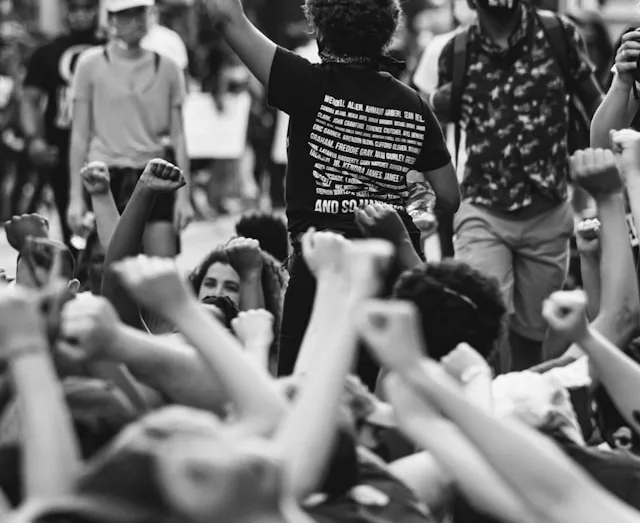As protests enter their fourth night, Georgian opposition parties demand a new election and condemn the government’s decision to suspend EU accession efforts
Mass protests continue to rock Georgia, now entering their fourth consecutive night, with tens of thousands of citizens taking to the streets in at least eight cities. The unrest was triggered by the controversial October 26 parliamentary election, which saw the pro-Russian Georgian Dream party claim victory, sparking widespread allegations of fraud. The protests intensified after Prime Minister Irakli Kobakhidze announced that the country’s EU accession bid would be paused, a decision that has ignited fury among both the opposition and citizens who see it as a retreat from pro-European values.
Demonstrations have seen protesters setting up roadblocks and shutting down critical infrastructure, including access to the key Black Sea port of Poti. In Tbilisi, the capital, crowds have gathered outside the parliament, waving EU flags and chanting for a new vote. Many protesters are donning protective gear to shield themselves from the tear gas fired by police, who have clashed with demonstrators in violent confrontations over the past few days.
At the heart of the unrest is the widespread belief that the election was rigged. Opposition parties have boycotted parliament, demanding a fresh election, while President Salome Zurabishvili, who has called the Georgian Dream administration “illegitimate,” has joined the calls for a new vote. Despite the protests, President Zurabishvili, who has vowed to remain in office, insists that the only way to restore stability is through fresh elections, a sentiment she expressed to opposition leaders on Sunday.
Embed from Getty Images“The only way to achieve stability is through new elections,” Zurabishvili stated, reinforcing her position that the current government has no legitimacy under the Georgian constitution. She also set up a “national council” of opposition parties, claiming that the council would ensure stability until a new election could be held.
The Georgian Dream party, however, has remained defiant. Kobakhidze dismissed calls for new elections, declaring that the formation of the new government based on the disputed October elections had already been completed. The European Union, however, has condemned the election results, citing “serious electoral irregularities” and refusing to recognise the Georgian Dream government as the legitimate victor. In response, the European Parliament has called for sanctions against key figures, including Kobakhidze.
On Sunday, European Commission President Ursula von der Leyen reaffirmed the EU’s commitment to Georgia’s future, despite the government’s shift away from pro-European policies. “The door to the EU remains open,” von der Leyen said on social media, urging Georgian leaders to return to the EU path. However, she made it clear that the responsibility for Georgia’s European aspirations now rests with the country’s leadership.
The situation has escalated due to the government’s heavy-handed response to the protests. Police have used water cannons, tear gas, and rubber bullets to disperse crowds, resulting in over 150 arrests. The violence has drawn widespread international condemnation. Kaja Kallas, the EU’s foreign policy representative, condemned the excessive use of force, emphasising that peaceful protests must be respected. Kallas also warned the Georgian government of potential consequences from the EU if the violence continues.
The United States, alongside several European nations, has also expressed concern over the suppression of protests. US State Department spokesperson Matthew Miller condemned the violence, stating that the United States had suspended its Strategic Partnership with Georgia in response to the crackdown.
As tensions mount, the future of Georgia’s political landscape hangs in the balance. With protesters demanding a new election and the government determined to remain in power, the country is at a crossroads. Whether the protests will succeed in pushing for a new vote or whether the Georgian Dream party will retain control remains to be seen, but one thing is clear: the path ahead will be fraught with political upheaval and potential international repercussions.
